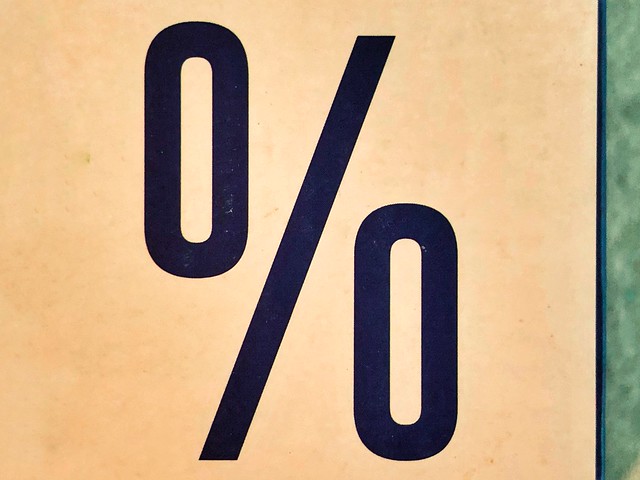One way homeowners build up equity is by paying off their mortgage month by month. Over time, paying your monthly mortgage bill will reduce what you owe on your house and grow your ownership share. The other way to build up equity is home price increases. That’s made the past few years great for homeowners, as home values saw double-digit spikes. But what can a homeowner do with their equity once they’ve built some up? The short answer is just about anything. There are, though, a few uses that are more common than others. In fact, according one new survey, there’s one use of home equity that’s far and away the most popular. The survey found the top reason homeowners are looking to take out a home equity loan or line of credit is to fund a home improvement project. Among respondents who plan to borrow against their home, 35 percent said they were using the money to better it through remodeling and maintenance projects. Home improvement is not only a popular use of a home’s value but also a smart one, as it reinvests it and can potentially add to it. Other popular ways homeowners are using their equity included major purchases and to pay down high-interest loans and credit cards. (source)













